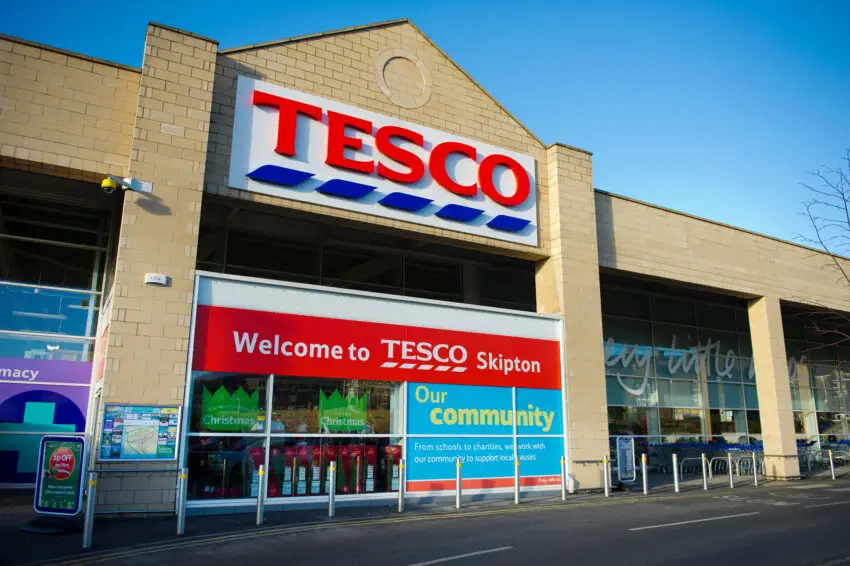Tesco is contemplating the implementation of artificial intelligence (AI) combined with data from its Clubcard programme to guide customers towards more nutritious food choices.
This initiative aims to assist consumers in making healthier dietary decisions by notifying them if they frequently purchase items high in sodium, subsequently suggesting lower-sodium alternatives. Murphy elaborated on this approach, stating that AI could monitor customers’ shopping patterns and offer tailored recommendations for better health outcomes. He explained, ‘I can see it nudging you, saying: ‘look, I’ve noticed over time that in your shopping basket your sodium salt content is 250% of your daily recommended allowance. I would recommend you substitute this, this and this for lower sodium products to improve your heart health.’ Murphy emphasised that this strategy is straightforward yet has the potential to significantly enhance daily living.
While health advocates are likely to support this move, especially in view of the UK’s ongoing obesity crisis, privacy campaigners have voiced their concerns. Jake Hurfurt, head of research and investigations at Big Brother Watch, criticised the proposal, claiming it represents a form of surveillance. ‘Tesco has no right to make judgments about what’s in our baskets or nudge us on what we should and should not be buying,’ Hurfurt argued.
Despite these concerns, Tesco clarified that there is no immediate plan to implement the AI-driven nudge system. However, given Tesco’s considerable market share—nearly one-third of the UK grocery market—and its 20 million Clubcard members, the potential impact is substantial. This proposal comes at a time when supermarkets are under increased pressure to address public health issues. In 2022, the UK government enacted regulations aimed at reducing the visibility of unhealthy foods in stores. Labour leader Sir Keir Starmer has also suggested further public health regulations, including a ban on energy drinks for children under 16 and supervised tooth-brushing in pre-schools.
Murphy also indicated that AI could be leveraged to help Clubcard customers save money by advising them to wait for upcoming promotions before making certain purchases. ‘Clubcard is literally doing their job for them and making their lives easier,’ he said. This illustrates the expanding role of data in shaping consumer experiences and the broader discussion surrounding privacy.
While Tesco has asserted its commitment to managing customer data responsibly, stating that it does not sell individual customer data, estimates suggest that the company generates significant revenue through anonymised data sharing with third parties. Tesco has reiterated that no individual data is sold or shared.
The proposal to utilise AI and Clubcard data underscores the complex balance between public health initiatives and privacy concerns. As Tesco explores this forward-thinking approach, the broader implications for consumer autonomy and data privacy remain pivotal aspects of the ongoing debate.

